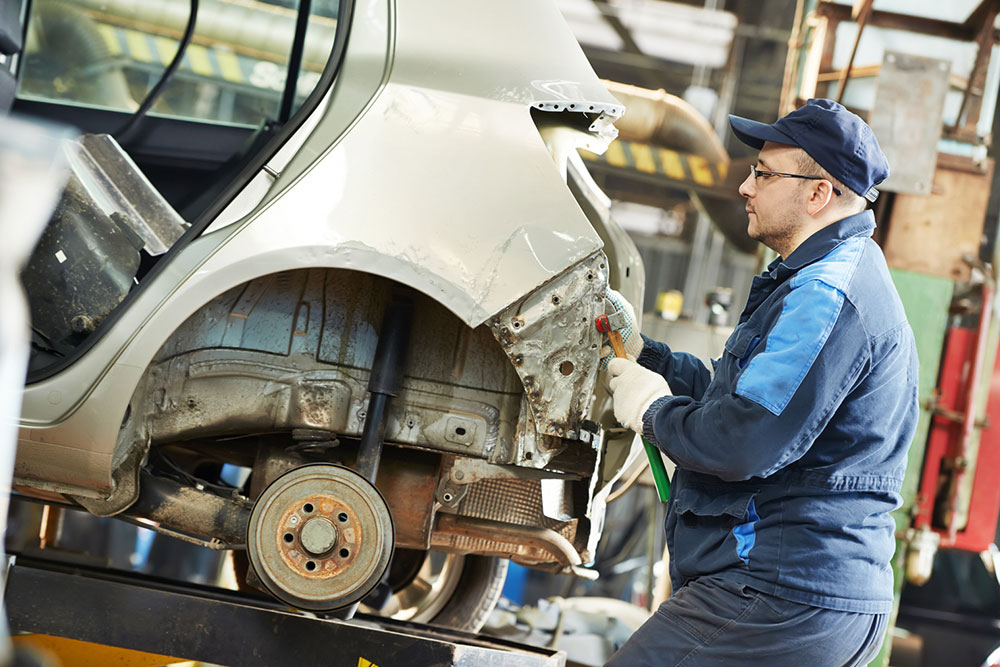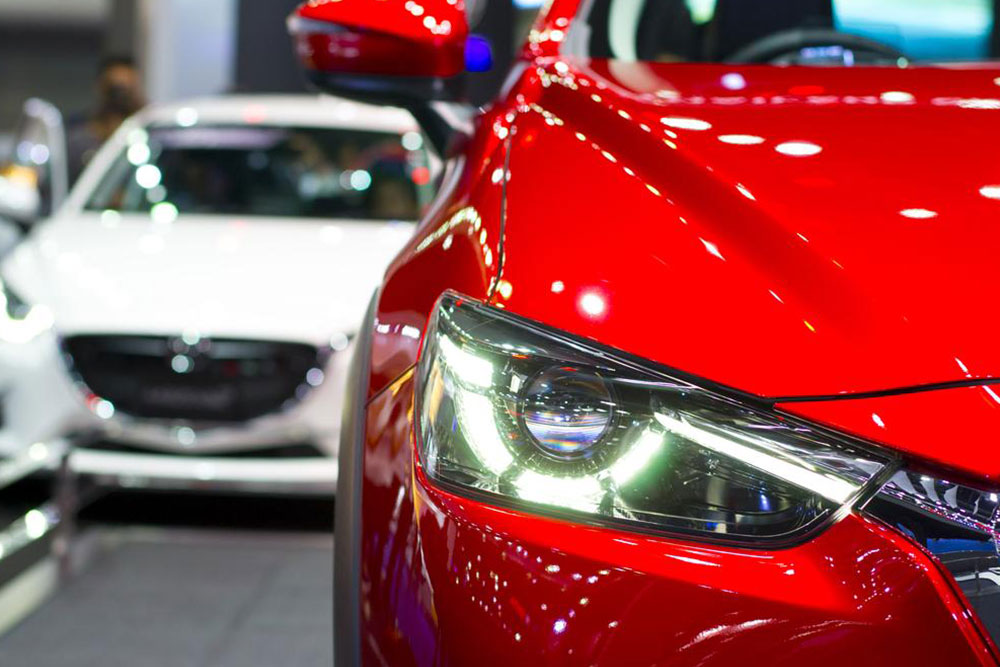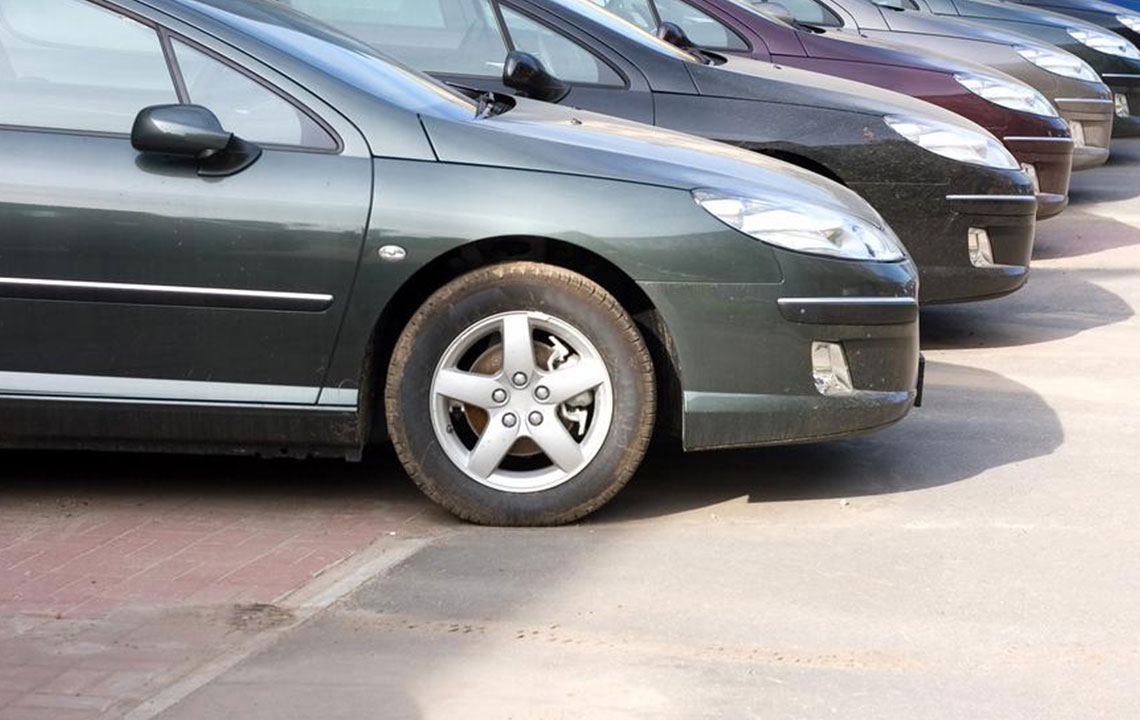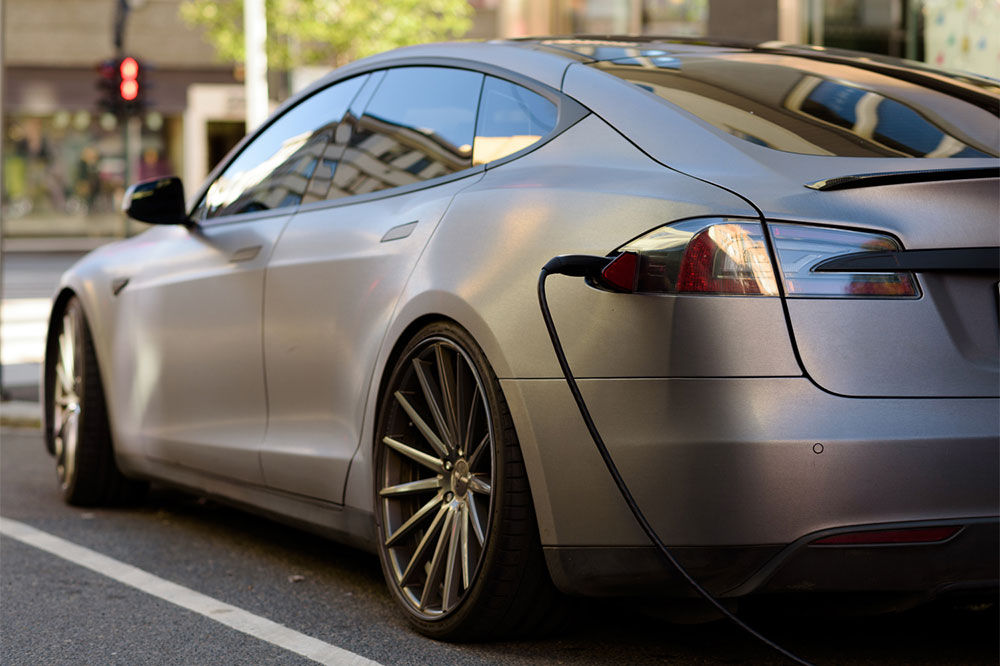Transformative Trends Shaping the Future of the Automotive Industry
This comprehensive article delves into the pivotal trends shaping the future of the automotive industry. It covers electric and hybrid vehicle adoption, connected and autonomous driving technologies, subscription-based mobility models, sustainability efforts, and smart urban infrastructure. The piece highlights how these innovations are transforming how we design, manufacture, and utilize vehicles, emphasizing greener, smarter, and more personalized mobility solutions. Explore the key drivers of automotive evolution and what the industry can expect in the coming decades—a must-read for industry stakeholders seeking insights into future mobility trends.

Emerging Trends Shaping the Future of the Automotive Sector
The automotive industry stands on the cusp of a revolutionary period marked by rapid technological advancements and evolving consumer preferences. In recent years, we have witnessed profound changes driven by a strong push towards sustainability, technological innovation, and smarter mobility solutions. Looking ahead, these transformations are poised to accelerate, fundamentally changing how vehicles are designed, manufactured, and used. This article explores the most influential emerging trends that are shaping the future of the automotive industry and what stakeholders can expect in the coming decades.
Electric and Hybrid Vehicle Adoption
One of the most significant trends currently reshaping the automotive landscape is the shift towards electric vehicles (EVs) and hybrid models. Governments worldwide are implementing stricter emissions regulations and providing incentives to promote clean transportation. Automakers are investing heavily in developing more efficient batteries, extending driving ranges, and reducing charging times. The deployment of widespread charging infrastructure is accelerating, making EV ownership more convenient for consumers. As a result, traditional internal combustion engine vehicles gradually lose market share to EVs, signaling a paradigm shift towards sustainable mobility.
Integration of IoT and Connected Car Technologies
The Internet of Things (IoT) is transforming vehicles into highly connected, intelligent systems. Modern cars now incorporate advanced sensors, telematics, and communication modules that enable real-time data collection and transmission. Connected vehicle applications include remote diagnostics, predictive maintenance, traffic information sharing, and smart navigation. These innovations not only enhance vehicle safety and performance but also improve user convenience by integrating smartphones, home automation, and other digital services. Moreover, vehicle-to-everything (V2X) communication is paving the way for more coordinated, efficient traffic management and smarter urban mobility.
Advancements in Autonomous Driving Technology
Autonomous vehicles are no longer a distant dream but an emerging reality. Automakers and technology companies are investing heavily in developing self-driving systems that can operate safely and reliably without human intervention. These systems leverage AI, machine learning, lidar, radar, and computer vision to interpret their environment and make real-time decisions. Autonomous driving promises to increase road safety by reducing human errors, optimize traffic flow, and provide mobility options for those unable to drive. Regulatory frameworks and safety standards are evolving alongside these technological innovations, fostering a cautious but steady advancement toward fully autonomous vehicles.
Subscription-Based Vehicle Ownership and Mobility Services
Another transformative trend is the rise of subscription-based models and mobility-as-a-service (MaaS). Instead of traditional car ownership, consumers are increasingly favoring flexible mobility options like vehicle subscriptions, ride-hailing, and car-sharing platforms. These services offer benefits such as lower upfront costs, maintenance included, and access to a diverse fleet of vehicles tailored to different needs. Automakers are partnering with tech firms to develop integrated platforms that provide seamless, personalized mobility solutions. This shift is disrupting the conventional ownership model, aligning with changing consumer preferences for convenience and sustainability.
Focus on Sustainability and Emission Reduction Technologies
Sustainability remains at the core of automotive innovation. Manufacturers are exploring new voltage systems, lightweight materials, and alternative fuels such as hydrogen fuel cells to reduce emissions. Enhanced recycling methods for batteries and vehicles contribute to circular economy principles. Governments globally are setting ambitious targets to achieve net-zero emissions by mid-century, prompting automakers to innovate continuously. The development of AI-driven vehicle design and manufacturing processes increases efficiency and reduces environmental impact.
Smart Infrastructure and Future Urban Mobility
Smart urban infrastructure is crucial to support the growing adoption of electric and autonomous vehicles. This includes the deployment of smart traffic lights, connected charging stations, and integrated transport networks that communicate with vehicles to optimize flow and safety. Urban planning is increasingly focusing on creating mobility ecosystems that facilitate shared transportation, cycling, and public transit. The convergence of these technologies fosters sustainable urban living and reduces congestion and pollution, paving the way for smarter, greener cities.
The automotive industry of the future will be characterized by smarter, greener, and highly personalized mobility solutions. Technological innovation, sustainability initiatives, and consumer-centric business models will continue to drive growth and transformation. Stakeholders—including manufacturers, technology firms, governments, and consumers—must collaborate to harness these emerging trends and build a resilient, sustainable automotive ecosystem for generations to come.





